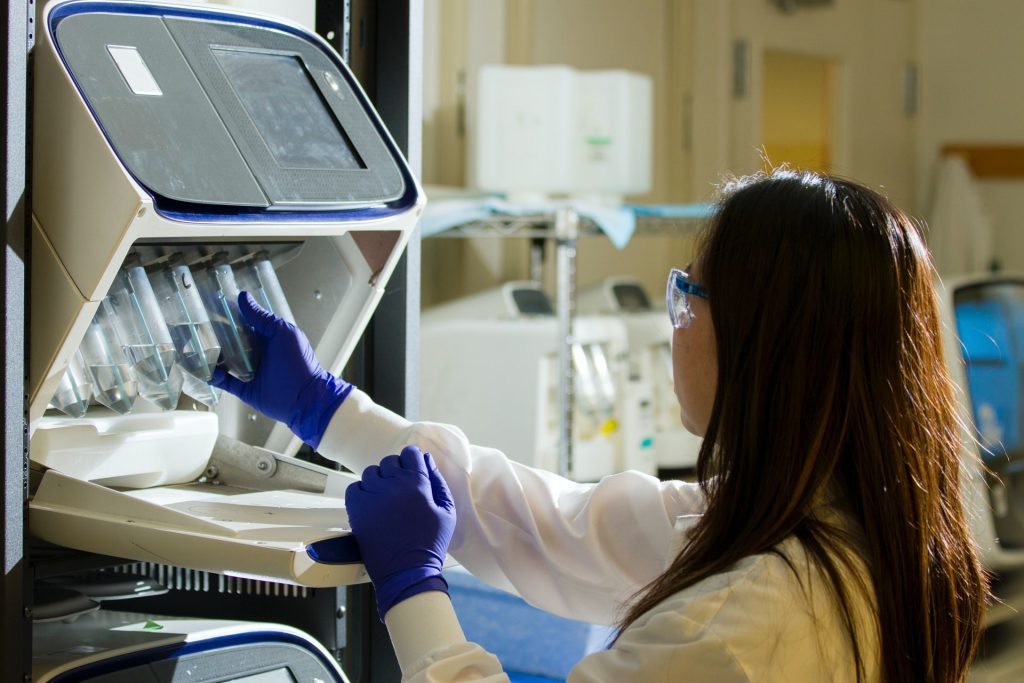A Novel Therapy for Bone Marrow Cancer

Researchers have found that a novel therapy for the bone marrow cancer myelofibrosis to be safe and well-tolerated, and is associated with modest improvements in patients in an early clinical trial. They shared their findings during an oral presentation at the American Society of Hematology annual meeting in December.
The therapy AVID200 showed improvements in patients’ symptom burden, anaemia, and spleen enlargement. The results from the Phase 1b clinical trial showed that the therapy was safe and displayed some evidence of efficacy (although safety and finding optimal dosage was the main goal) and researchers concluded that the therapy would need to be combined with other drugs to optimise effectiveness in patients.
“This is a real testament to cutting-edge translational research at The Tisch Cancer Institute,” said John Mascarenhas, MD, Director of the Institute’s newly launched Center of Excellence for Blood Cancer and Myeloid Disorders. “Our scientists tested this therapy in the lab, physician-scientists conducted a successful phase 1 trial, and now the optimal combination therapy approach is the subject of ongoing laboratory studies at Mount Sinai. The most interesting finding in this trial was that a subset of patients had a lasting improvement in their platelet counts – including three whose counts were normalised – supporting the preclinical studies conducted.”
Myelofibrosis is a bone marrow cancer type that disrupts normal blood cell production, causing an enlarged spleen, extensive scarring in the bone marrow, and low levels of red blood cells and platelets, increasing bleeding risk. Myelofibrosis patients who have failed the available first-line therapy face a well-documented poor prognosis, so additional therapies are urgently needed to help these patients.
Twenty-one patients enrolled in this multicenter trial were given AVID200, and while this trial’s main purpose was to test safety, some patients had an increase in platelets and there was a decrease in the size of their enlarged spleens. However, in spite of the other clinical benefits seen. patients’ bone marrow scarring did not decline, indicating that AVID200 would need to be combined with other rational therapies in the future.
Source: EurekAlert!

